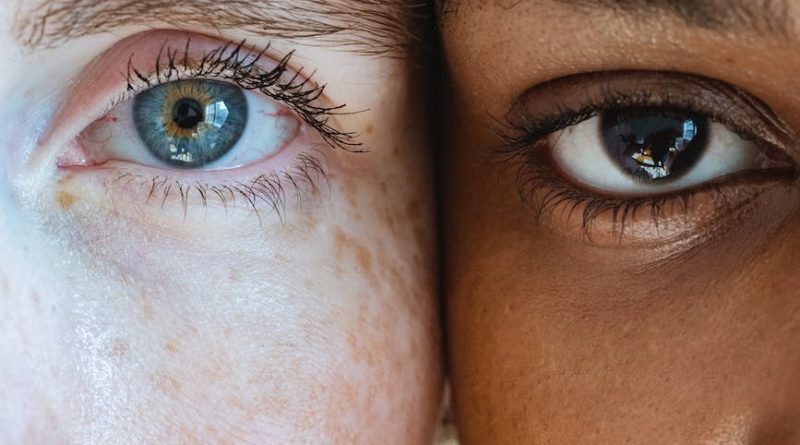Don’t stare! Do not pity! be yourself!
We had no idea! In the noise of protests and the excitement of the World Cup, what was forgotten is that it was International Day of the Disabled and we didn’t pay any attention. This year has come and gone and we are still treating disabled people the same as last year.
A shocking and strange statistic: according to global statistics, about 15% of every society consists of people with disabilities; It means that one out of every six people around you has some kind of disability. But until now, we have asked ourselves if these people are observed in the real world to the same extent?
Why are disabled people less visible? One of the reasons can be this: we behave in such a way that they are left out. Urban furniture, employment criteria, working conditions, street, bus, subway and other public spaces are not accessible for disabled citizens. With these conditions, they do not have the possibility or ability to leave the house. This is a situation imposed by all members of society on citizens with disabilities. That’s me and you. Read the previous sentence once more. We cry for justice, but we…. Remember that disability is a social issue and not an individual issue.
○ Strategic recommendation:
To start, follow these five points.
Do not create physical obstacles for people with disabilities!
▪︎If we are a designer or building engineer, we must follow accessibility standards in our design.
▪︎ Never park your car in a parking lot for the disabled. Also, don’t park your vehicle on the sidewalk or in front of the bridge.
▪︎The highlighted yellow mosaics in the middle of some sidewalks are a special path for the blind. Avoid placing items in this path.
▪︎ When installing scaffolding on the sidewalk, be sure to secure it so that people with visual impairments do not touch it.
Let’s not stare!
The small presence of people with disabilities in the society has made them look different and be monitored more than others. Some people will observe them with good intentions so that they can act if they need help. Be careful to stare at them for any reason, we severely offend them and make it less likely that they will ever appear in public again.
Let’s not pity!
Perhaps for many, it is not easy to distinguish the line between pity and help and empathy. In empathy, there is a kind of equality, but in pity, looking down. As if by pity, it is implied to the disabled person that you are incapable and doomed to failure. Exaggerated affection, inappropriate kindness, ignoring a mistake for no reason, unwanted and excessive or dependent help, speaking in a different and childish tone, etc. are clear examples of pity. In the face of people with disabilities, let’s be ourselves!
○ Let’s respect their privacy!
Some of us think that when we encounter people with disabilities, we are allowed to ask about their most private matters. how and when a disabled person became disabled; What treatments have you done to solve this issue? He is working or married, and whether his family members have disabilities or not is not relevant to us! Let’s figure this out!
Avoid superstitions!
The fact that some filmmakers and writers make him disabled to punish the negative character of the story, the result is that when people encounter a disabled person, they think that he is probably being punished for his own or his family’s sin. Disability is neither to prevent sin nor to punish sin. Disability is a biological-social thing that all people may experience temporarily or permanently in their life.
There were other points that we are satisfied with these five points for now.
□ From the perspective of development, if we look at the case, one of the characteristics of a developed society is inclusiveness; A condition that guarantees that all citizens have the necessary opportunities and resources for economic, social and cultural activities and are not deprived or left behind.
An engineer who does not consider the needs of disabled people when designing a building; A citizen who stares at a disabled person; A teacher who feels sorry for a disabled student; Filmmaking that ridicules disability; A writer who uses anti-disabled literature; There are small examples of society that have helped to remove a disabled person. By respecting the rights of people with disabilities, we should provide the possibility of their active and effective presence in the society and be a development activist.
Now loading...
Now loading...





